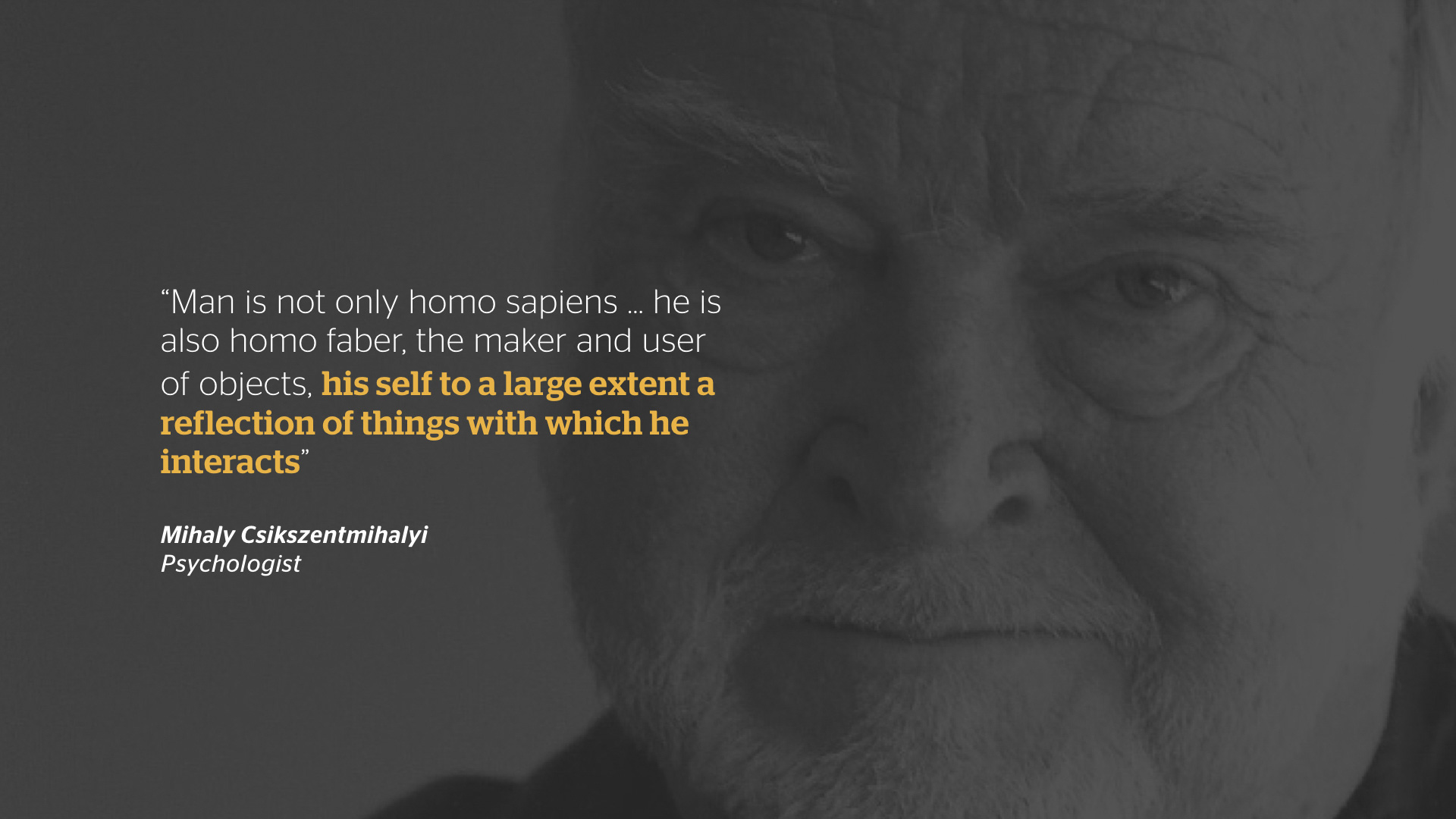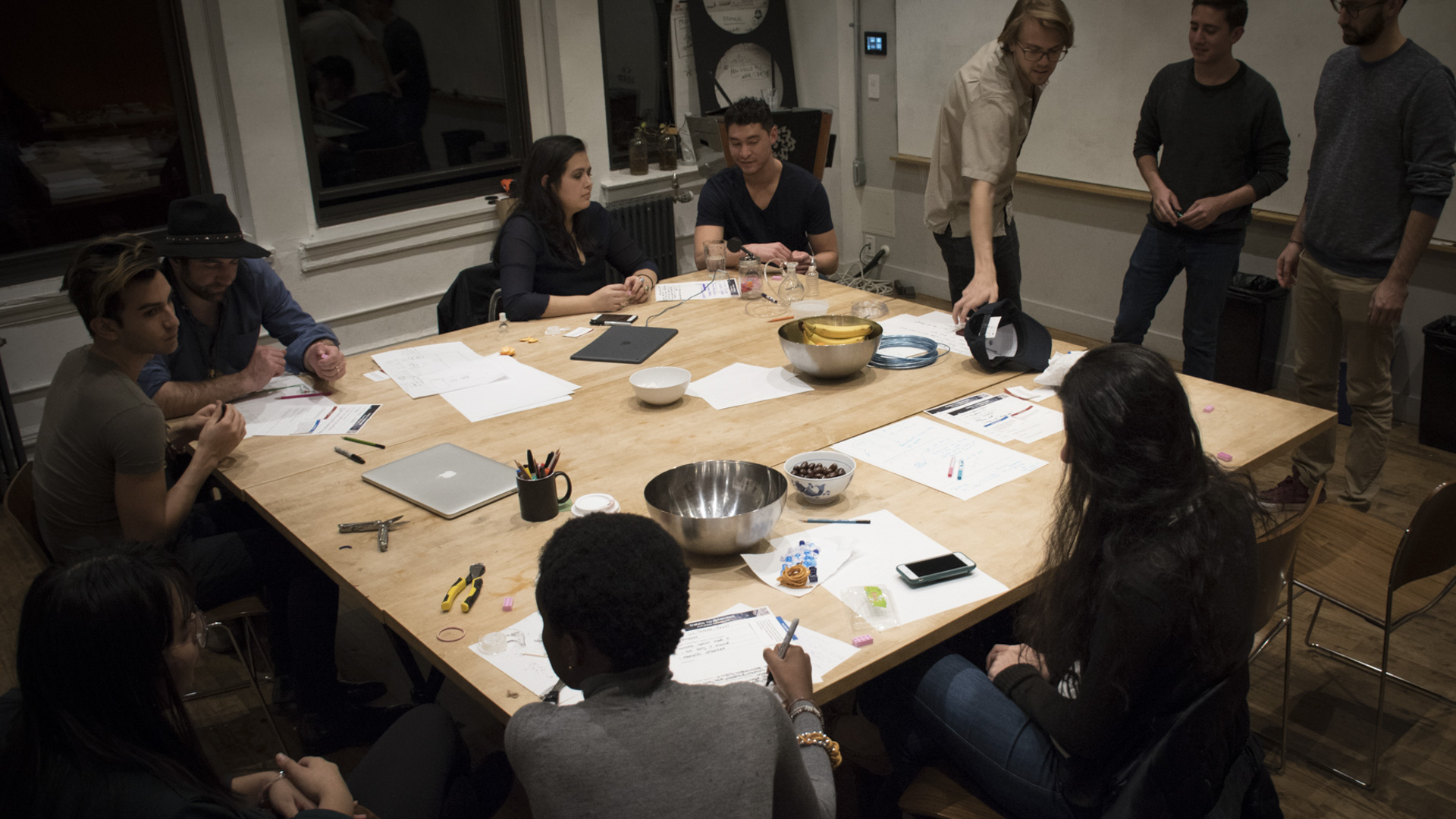INVISIBLE POSSESSIONS: Reclaiming Our Relationship With Products in an Augmented Age
Many of the products we interact with on a daily basis are becoming invisible. Through digital services providing infinite access, sharing economies that fluidly move objects between individuals, and mass manufacture of highly disposable objects, our things are moving from something personal to that of the ephemeral—there when we need them and gone when we don’t.
Louis Elwood-Leach’s thesis Invisible Possessions explores the rise of these invisible products and considers opportunities to reclaim our relationship with possessions in an augmented age that increasingly values access over possession, experience over product, and machine over individual. Elwood-Leach argues that in losing sight of the possessions in our lives, we are losing the means to engage with our memories, culture and sense of self. The objects which we once collected and curated are leaving our control—becoming ephemeral, transient and impersonal. Through his research, Elwood-Leach identified a rise in the impersonal products he termed “invisible possessions,” and explored opportunities to reclaim a personal relationship with the new ways of owning.
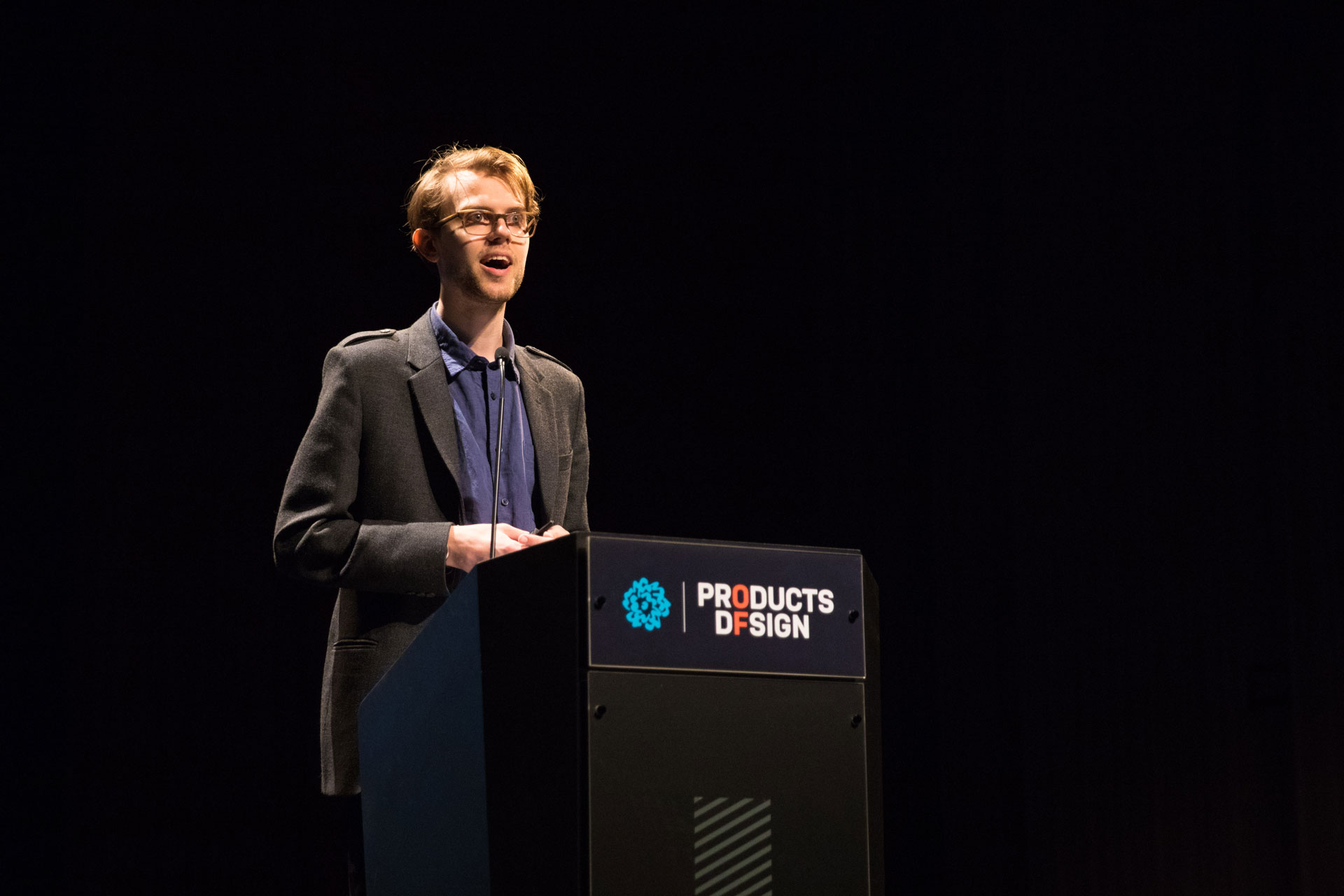

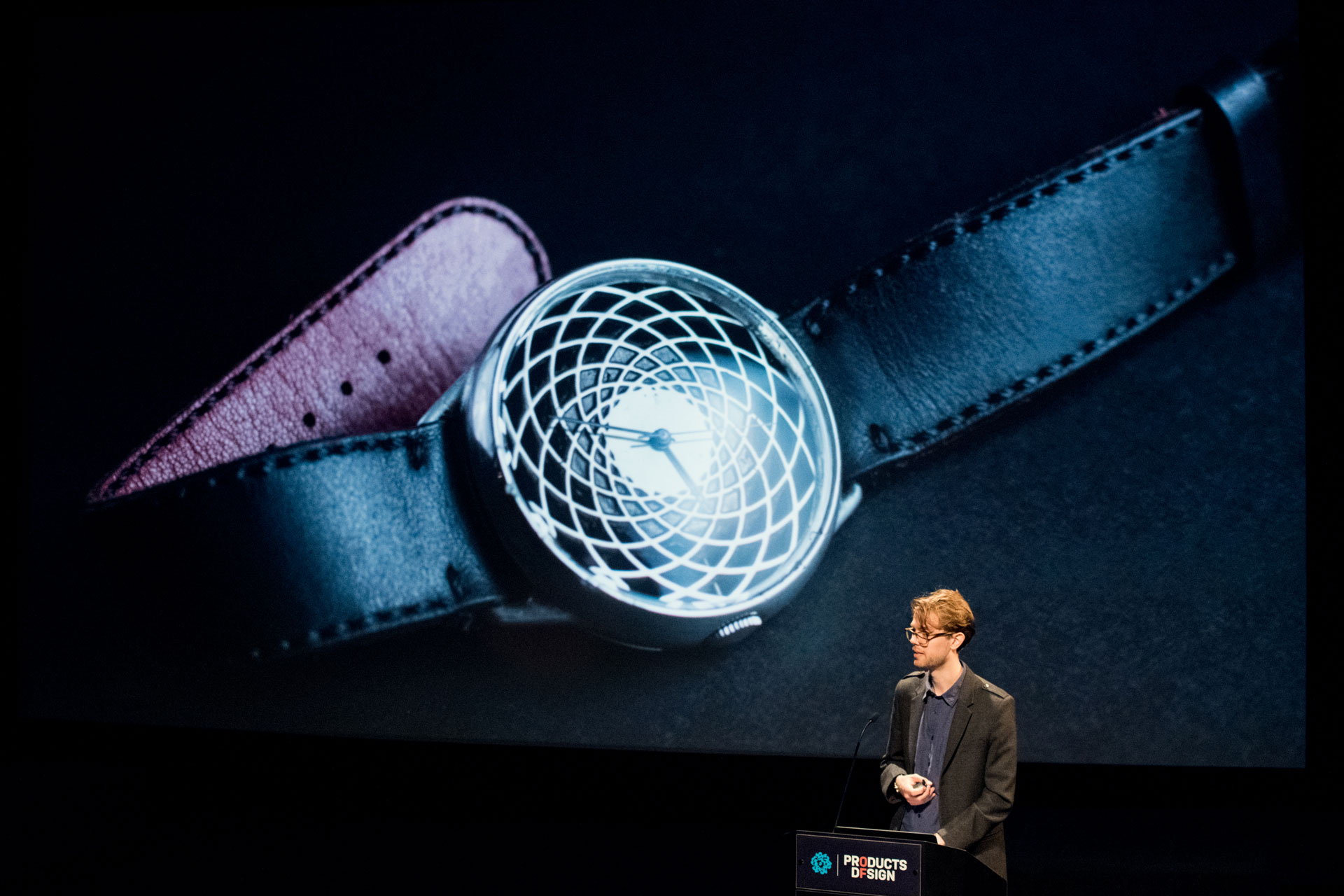
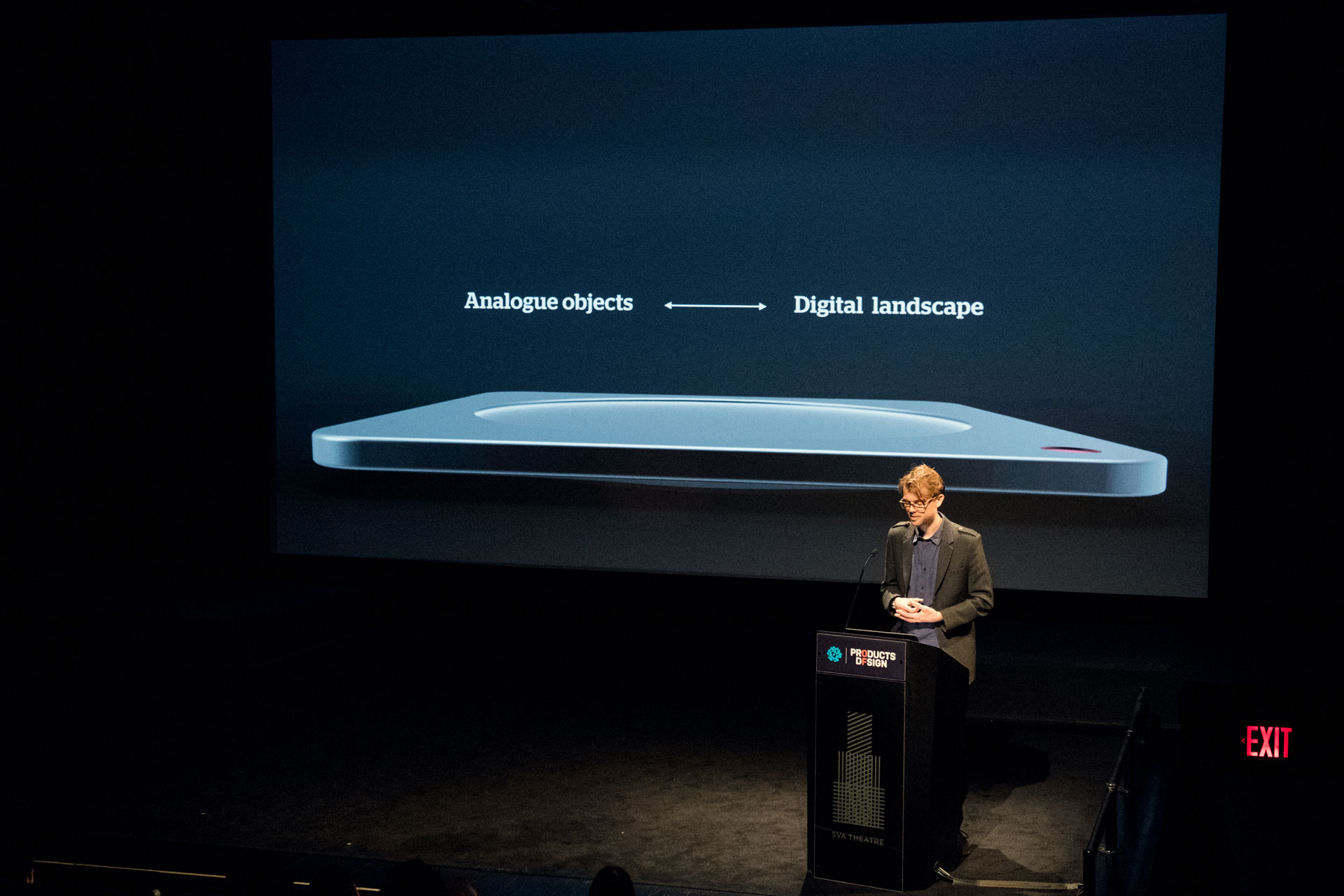
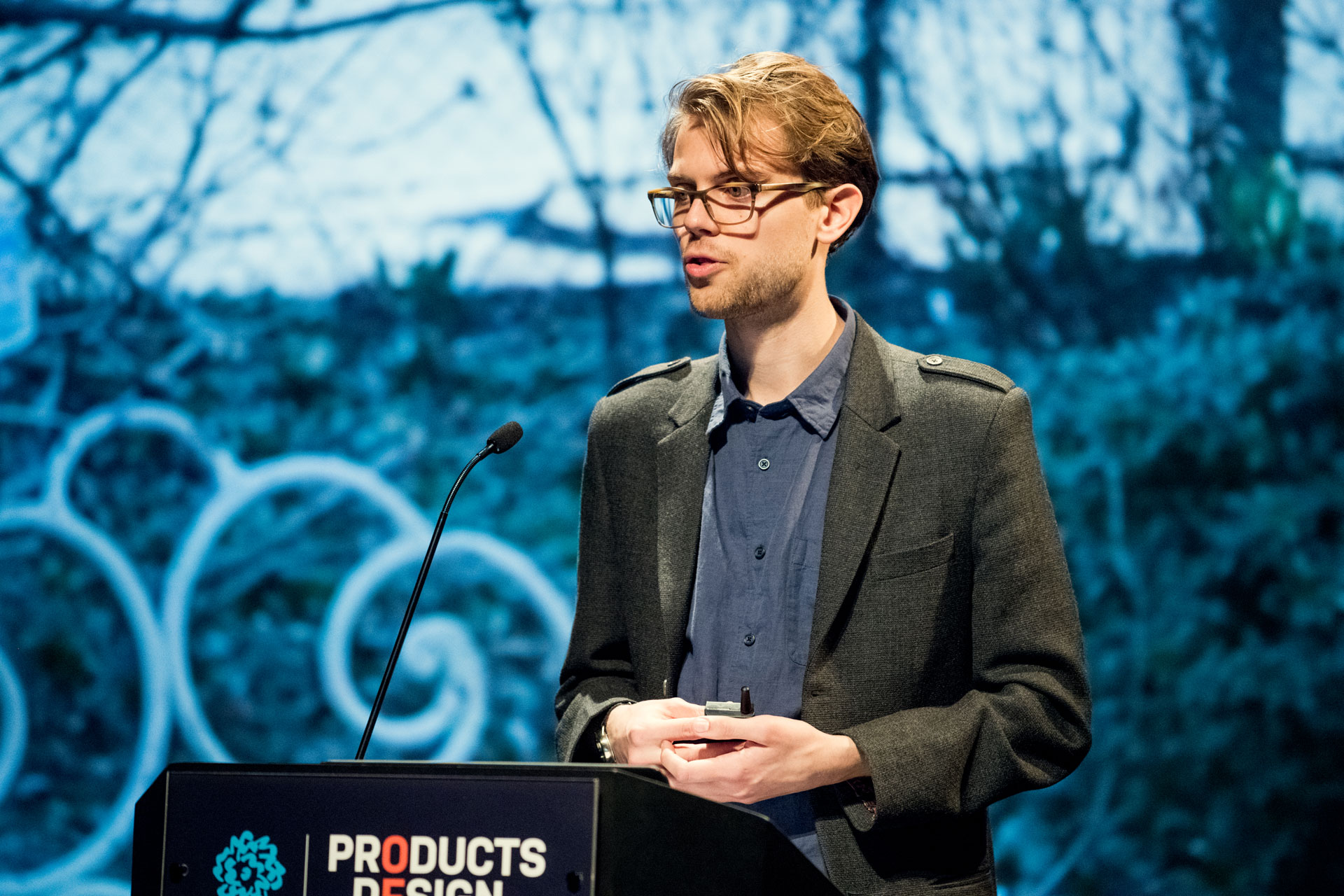

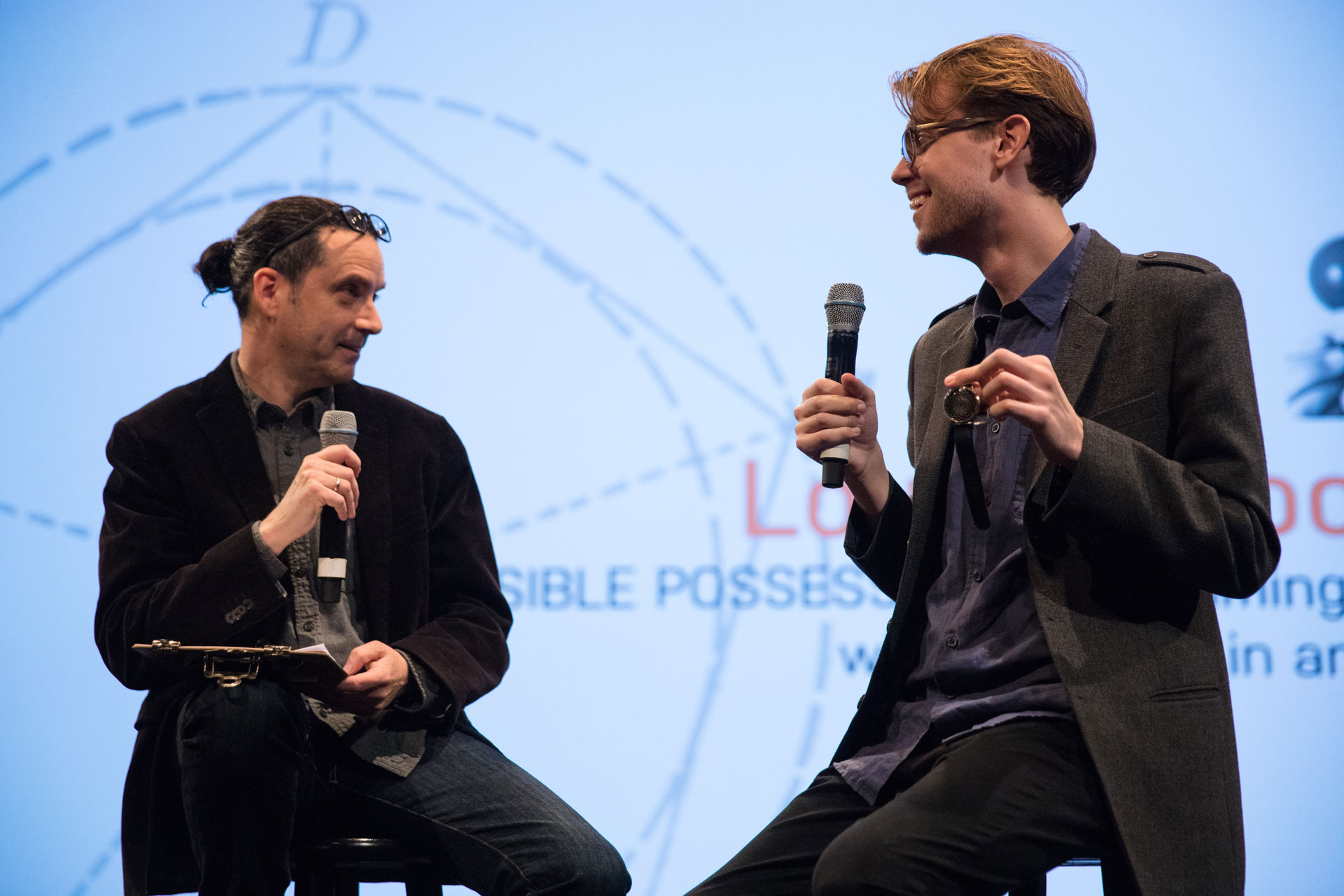

As part of his research, Louis spoke to the designers and engineers behind these invisible possessions, as well as others thinking about the consequences of these systems. These discussions led him to believe that in the last couple of years, we have reached a tipping point in our user experience. Today, services dictate how we own, access and use our possessions—to the extent that we are losing our ability to curate and control the stories our possessions tell. Rob Walker summarizes it best: “[Today], there is no longer any intentionality in what we own.” Elwood-Leach believes this to be a problem—possessions are in fact important to us, our sense of self and our culture. One significant insight for him was that people are punished by being stripped of their possessions and identity. He mentioned, “This doesn’t look too different from the possessionless, dystopian future we see in current TV shows and movies, and it could become a reality if we don’t consider the behaviours we are creating.”
Through the course of his thesis, Elwood-Leach explored humankind’s rapidly changing relationship with products and considers where we as humans fit in, through a variety of projects and experiments.
Flâneur
Flâneur is a mobile app that enables users to explore their digital media through the physical spaces that give it real context by connecting with apps and subscriptions. Flâneur looks beyond pure convenience to create an experience with invisible media that is less ephemeral and feels real.
FirstHand
FirstHand is a parametrically generated watch that generates a unique spirograph pattern for the face each time one is sold. FirstHand explores the metaphor of the spirograph, a pattern with thousands of variations but a pattern that is difficult to replicate to give owners a sense of personal agency over the aesthetic.
The Wonderful Life of an Object
The Wonderful Life of an Object is an experiment to capture a day in the life of New York’s shared objects through the people that use them and a disposable camera. This experiment aimed to reframe objects of a shared economy as objects of a shared mythology.
The Displayer
The Displayer is a multimedia 'player' that plays media associated with objects placed on the device—from an ACDC T-shirt that plays their set-list to postcards that play photo albums.
Shelve Your Things
Shelve Your Things is a parametrically designed shelf that uses a person’s possessions as inputs to generate a design, and then silhouettes the possessions they love into the furniture of their home.
DIY Smart Speaker
DIY Smart Speaker is a DIY project published on instructables.com. This experiment aimed to bring a sense of warmth to the new way of owning and accessing digital content by interacting with it through the products people already own and love.
To learn more about Louis’ work, take a look at his projects in more detail at elwoodleach.com. To contact him about work opportunities, or to simply congratulate him on a job well done, send a note to elwoodleach@gmail.com.




